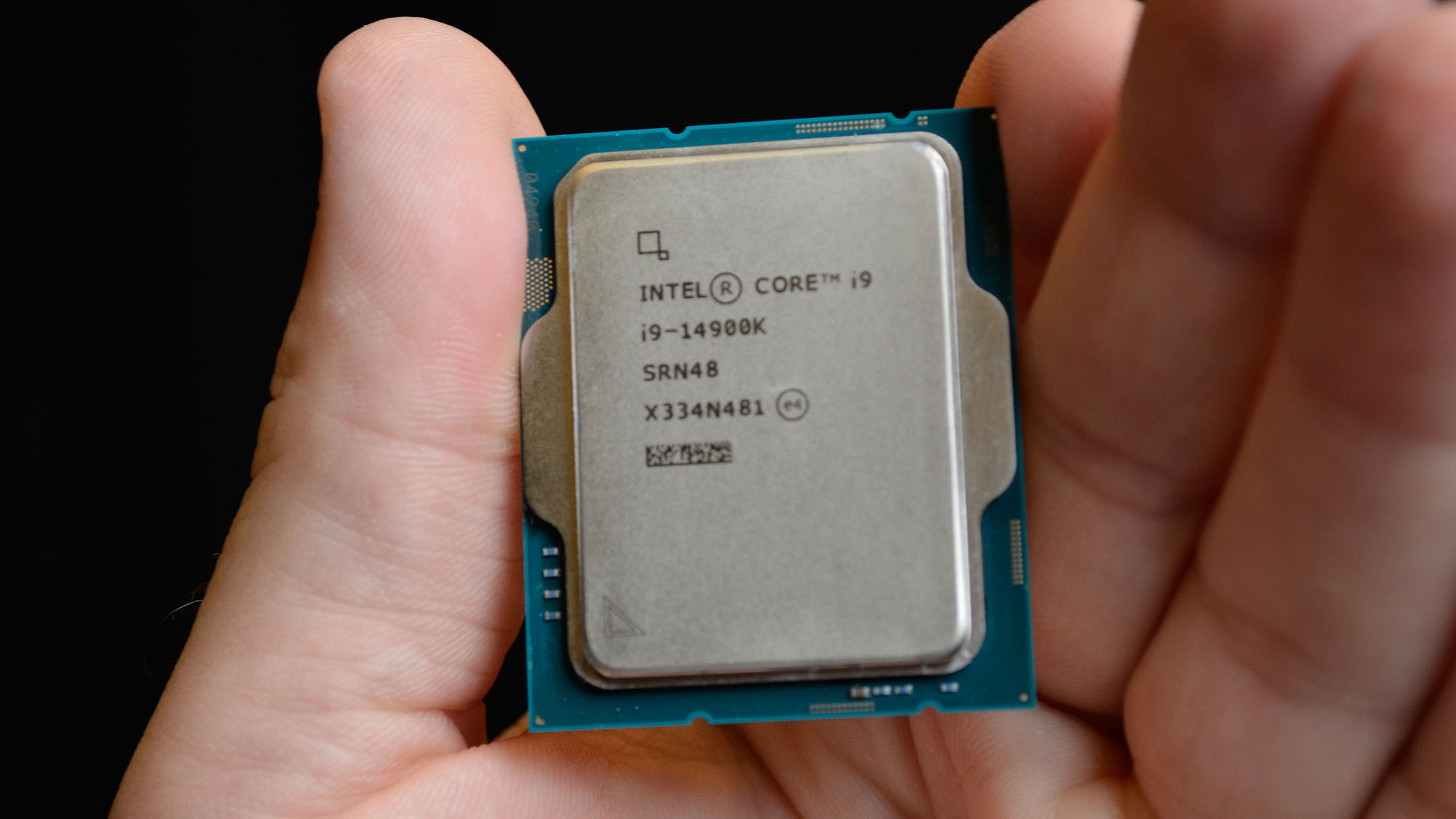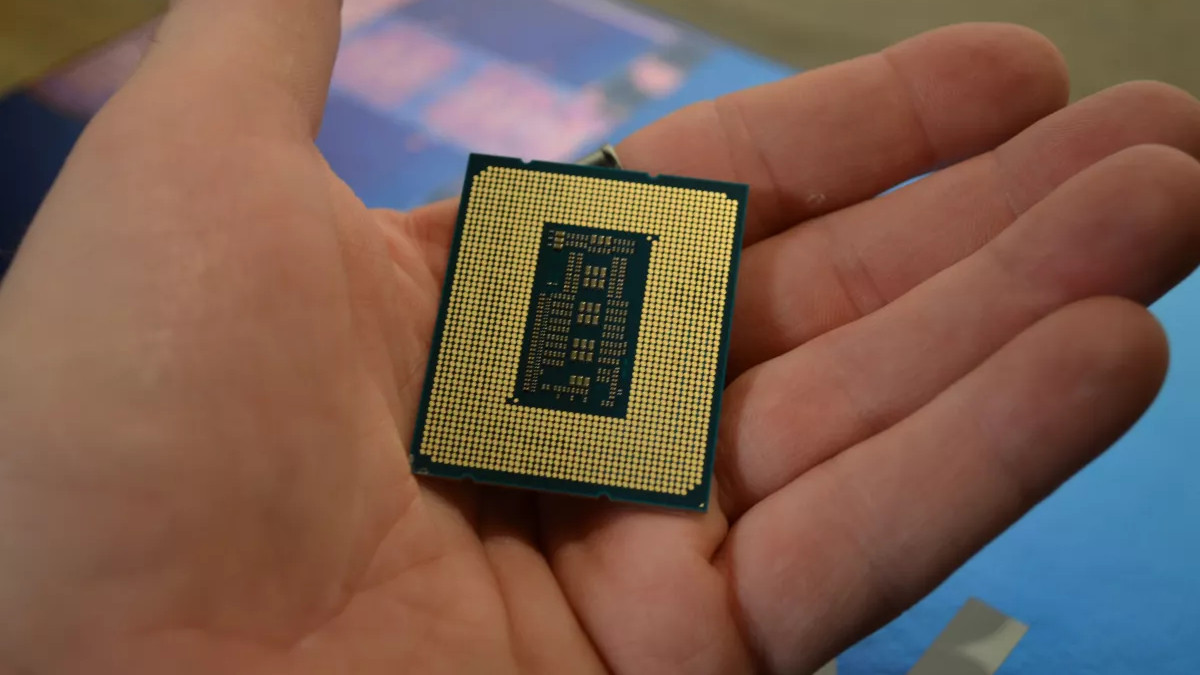Intel’s fix for high-end CPU crashes is coming, but a new leak suggests Team Blue could still be in hot water
The leak underlines that Intel may have more work to do in fixing issues with its crashing Core i9 CPUs

Intel’s problems with high-end 13th and 14th-gen CPUs crashing and suffering from instability in general may not be over with the patch Team Blue has inbound for mid-August, at least if some fresh leaked info is anything to go by.
You probably won’t have missed the latest development from Intel whereby earlier this week, the company pinned instability gremlins on an issue with ‘elevated operating voltage’ with its newer Core i9 (and maybe lower-tier) processors – set to be fixed by the mentioned microcode update due next month.
However, this patch may not be the complete solution for the CPU crashing blues, because if leaked info from Igor’s Lab is right – add your own seasoning, naturally – Intel is still looking into other root causes for the instability in evidence here.
The details Igor’s Lab obtained – from an internal communication within Intel, apparently – claim that: “Intel observes a significant increase to the minimum operating voltage (Vmin) across multiple cores on returned affected processors from customers.
“This increase is similar in outcome to parts subjected to elevated voltage and temperature conditions for reliability testing.”
The notes go on to say that factors causing said Vmin increase include elevated voltages (which the patch addresses), as well as high clock speeds and elevated temperatures (the former will drive the latter, of course). And that even when the CPU is idling, and relatively cool, spikes of activity can cause briefly elevated voltage, and at a “sufficiently high voltage, these short-duration events can accumulate over time, contributing to the increase in Vmin.”
The conclusion is: “Intel analysis indicates a need to reduce the maximum voltage requested by the processor in order to reduce or eliminate accumulated exposure to voltages which may result in an increase to Vmin.
Get daily insight, inspiration and deals in your inbox
Sign up for breaking news, reviews, opinion, top tech deals, and more.
“While Intel has confirmed elevated voltages impact the increase in Vmin, investigation continues in order to fully understand the root cause and address other potential aspects of this issue.”

Analysis: A waiting game
As Igor’s Lab observes, there’s nothing ‘reprehensible’ about these (purported) internal notes from Intel, and they underline something we reported in our previous article on this topic. In a separate statement on Reddit, Intel observed that the elevated operating voltage issue was a ‘key element’ in the crashing woes users are experiencing, which suggests that there are other elements. As we mentioned in our previous discussion, these could be factors not yet pinned down (as opposed to past advice and patching, such as Intel’s tweaking to Enhanced Thermal Velocity Boost).
In short, there may still be gremlins lurking in the works, and the August microcode update – which is set to limit the max voltage the CPU can request (known as the VID) to 1.55V – may not be a cure-all for the crashing issues.
As Intel further states in the leaked notes: “While this microcode update addresses the elevated voltage aspect of this issue, further analysis is required to understand if this proposed mitigation addresses all scenarios.”
Essentially, if these musings from Intel staff are indeed correct, the firm isn’t fully sure that this will solve everything. Indeed, the leaked material further states that: “This microcode update, once validated and released, may not address existing systems in the field with instability symptoms.”
Could that be because they are too far gone in terms of experiencing the problem for months now, and degradation issues therein? That’s what a lot of worries are focused on, from what we’ve seen, and the possible future effects of this problem in the longer term.
Intel seemingly advises that: “Systems which continue to exhibit symptoms associated with this issue [after the microcode update] should have the processor returned to Intel for RMA.”
As Intel has said before, it’s ‘committed to making this right’ with customers in terms of remedying these crashing problems, and so you’d hope that affected CPUs will be replaced without question.
Meanwhile, we can only wait and see if there are any further revelations of glitches and perhaps necessary patching beyond what’s already surfaced to date. A glimmer of good news here, though, is that Intel also clarifies that its early testing indicates that the August microcode update should have a ‘minimal performance impact’ – albeit with the caveat that this conclusion is based on a small number of benchmarks.
Via Tom’s Hardware
You might also like
Darren is a freelancer writing news and features for TechRadar (and occasionally T3) across a broad range of computing topics including CPUs, GPUs, various other hardware, VPNs, antivirus and more. He has written about tech for the best part of three decades, and writes books in his spare time (his debut novel - 'I Know What You Did Last Supper' - was published by Hachette UK in 2013).